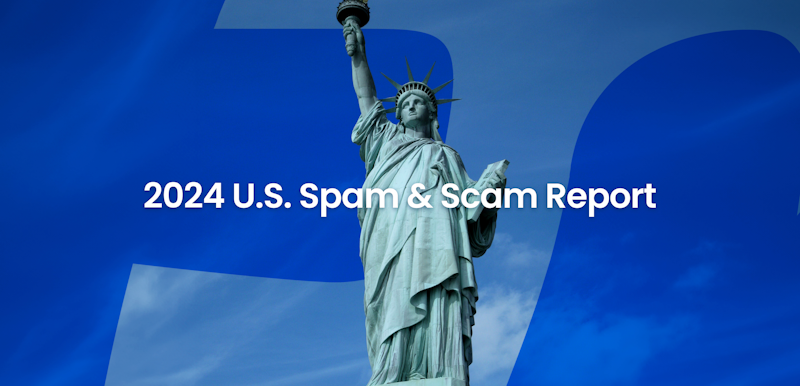
Voice Deepfakes: The Latest Phone Scam
Christina Gustavsson
Sep 23, 20193 min read
Scam alert! Those of you familiar with the phenomenon known as “deepfakes” probably associate them with weird videos and disinformation campaigns. But did you know that scammers are now using voice deepfakes to defraud people over the phone? One business lost over 40,000 in a deepfake voice scam.
What are deepfakes?
A deepfake is video or audio that uses deep learning (a type of artificial intelligence) to depict content that isn’t real. Deepfakes tend to manipulate existing content by merging it with additional information to create a new, bogus situation. Think of deepfake technology as Photoshop or Facetune on steroids.
Some well-known examples involve actor Nicolas Cage’s face appearing in place of other people’s, a trend likely inspired by the 1997 movie Face/Off, in which Cage plays a criminal who swaps faces with an FBI agent. In deepfake videos, Cage’s face fuses with another actor’s, mimicking the original actor’s facial expressions exactly.
Despite the absurdity of some deepfake scenarios like the one above, others can be eerily convincing.
Here’s the thing. Most of the clues that can help people spot a deepfake are visual. It could be a slightly out-of-sync lip movement, unblinking eyes, or even just a feeling that “something’s off.”
So what happens when there is no visual and people have to rely on their ears alone?
The deepfake voice scam
There’s a new kind of deepfake which is potentially more convincing and certainly more damaging than a video with Nic Cage’s face superimposed on someone else’s. Some scammers are using deepfakes of CEOs’ voices to fool employees into sending money to scammers’ accounts.
The lack of visual input in these over-the-phone deepfakes is part of what makes them so believable.
The other part is the quality of the voice impersonation. Artificial intelligence (AI) has become quite good at imitating and manipulating audio. Without any visual cues to provide hints of tampering, people talking to a caller who sounds just like their boss may have a harder time recognizing a scam when they hear it.
The damage
In fact, several companies have already lost millions to the deepfake voice scam. According to Forbes and The Washington Post, one company lost more than €220,000 when a CEO in Britain answered a call from someone he thought was his boss in Germany. Using AI technology, the scammer simulated the boss’s voice and directed his subordinate to wire €220,000 to a supplier in Hungary. The scammer then transferred the money from the Hungarian account to another in Mexico, then distributed it to others.
Just think, if the scammer had spoofed a German number — or better yet, a number belonging to the German office — how easily he might have gotten away with his second fraud attempt. Who knows how much money the scammer could have stolen before the British CEO became suspicious? Clearly, number spoofing and voice spoofing combined could wreak a lot of havoc. Businesses will need to be vigilant.
Celebrities and other public figures are most vulnerable to having their voices deepfaked. Since they speak at public events, give interviews, appear in news clips and YouTube videos, scammers have a lot more data on their voices. Public figures with significant influence and connections to wealth are probably even more vulnerable when a scammer’s goal is financial fraud.
With number spoofing technology so readily available, and voice impersonation AI becoming more accessible, we can probably expect the deepfake voice scam to spread — especially when the rewards of a successful scam are so substantial.

Christina Gustavsson
Sep 23, 20193 min read

